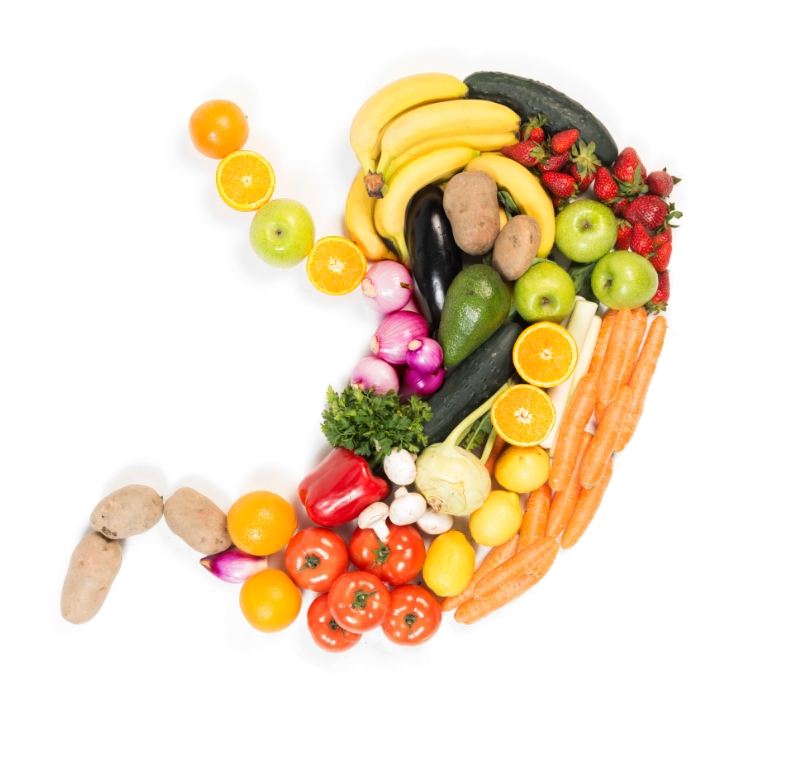Stomach cancer, also known as gastric cancer, is a cancer which develops from the lining of the stomach.There are multiple risk factors for the development of gastric adenocarcinoma, Some of these can be controlled, but others cannot.
Risk factors
Gender: Stomach cancer is more common in men than in women.
Age: There is a sharp increase in stomach cancer rates in people over age 50. Most people diagnosed with stomach cancer are between their late 60s and 80s.
Ethnicity: In the United States, stomach cancer is more common in Hispanic Americans, African Americans, Native Americans, and Asian/Pacific Islanders than it is in non-Hispanic whites.
Geography: Worldwide, stomach cancer is more common in Japan, China, Southern and Eastern Europe, and South and Central America. This disease is less common in Northern and Western Africa, South Central Asia, and North America.
Stomach lymphoma: People who have had a certain type of lymphoma of the stomach known as mucosa-associated lymphoid tissue (MALT) lymphoma have an increased risk of getting adenocarcinoma of the stomach. This is probably because MALT lymphoma of the stomach is caused by infection with H pylori bacteria.
Diet: An increased risk of stomach cancer is seen in people with diets that have large amounts of smoked foods, salted fish and meat, and pickled vegetables. Nitrates and nitrites are substances commonly found in cured meats. They can be converted by certain bacteria, such as H pylori, into compounds that have been shown to cause stomach cancer in lab animals.
Tobacco use: Smoking increases stomach cancer risk, particularly for cancers of the upper portion of the stomach near the esophagus. The rate of stomach cancer is about doubled in smokers.
Being overweight or obese: Being overweight or obese is a possible cause of cancers of the cardia (the upper part of the stomach nearest the esophagus), but the strength of this link is not yet clear.
Previous stomach surgery: Stomach cancers are more likely to develop in people who have had part of their stomach removed to treat non-cancerous diseases such as ulcers. This might be because the stomach makes less acid, which allows more nitrite-producing bacteria to be present. Reflux (backup) of bile from the small intestine into the stomach after surgery might also add to the increased risk. These cancers typically develop many years after the surgery.
Type A blood: Blood type groups refer to certain substances that are normally present on the surface of red blood cells and some other types of cells. These groups are important in matching blood for transfusions. For unknown reasons, people with type A blood have a higher risk of getting stomach cancer.
A family history of stomach cancer: People with first-degree relatives (parents, siblings, or children) who have had stomach cancer are more likely to develop this disease.
Some types of stomach polyps: Polyps are non-cancerous growths on the lining of the stomach. Most types of polyps (such as hyperplastic polyps or inflammatory polyps) do not seem to increase a person’s risk of stomach cancer, but adenomatous polyps – also called adenomas – can sometimes develop into cancer.
Prevention
It’s not clear what causes gastroesophageal junction or stomach cancer, so there’s no way to prevent it. But you can take steps to reduce your risk of gastroesophageal junction cancer and stomach cancer by making small changes to your everyday life. For instance, try to:
Exercise. Regular exercise is associated with a reduced risk of stomach cancer. Try to fit physical activity into your day most days of the week.
Eat more fruits and vegetables. Try to incorporate more fruits and vegetables into your diet each day. Choose a wide variety of colorful fruits and vegetables.
Reduce the amount of salty and smoked foods you eat. Protect your stomach by limiting these foods.
Stop smoking. If you smoke, quit. If you don’t smoke, don’t start. Smoking increases your risk of stomach cancer, as well as many other types of cancer. Quitting smoking can be very difficult, so ask your doctor for help.
Ask your doctor about your risk of gastroesophageal junction or stomach cancer. Talk with your doctor if you have an increased risk of gastroesophageal junction cancer or stomach cancer. Together you may consider periodic endoscopy to look for signs of stomach cancer.




